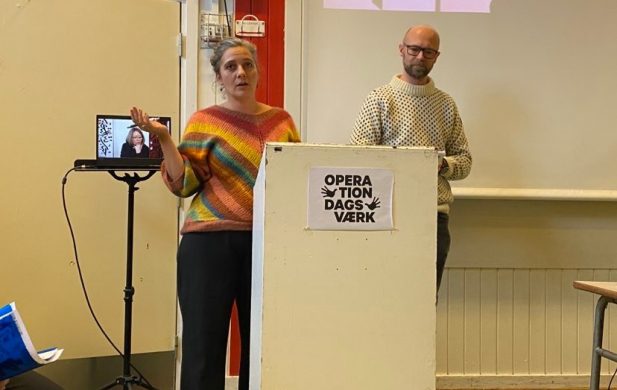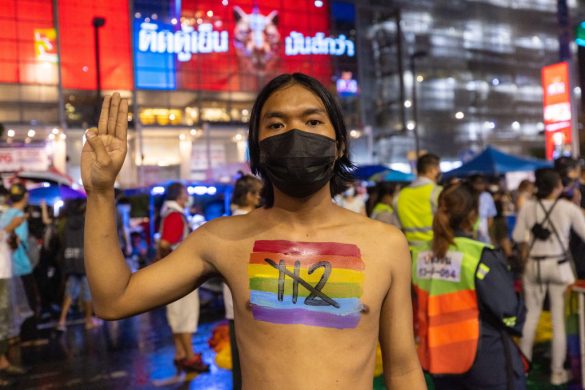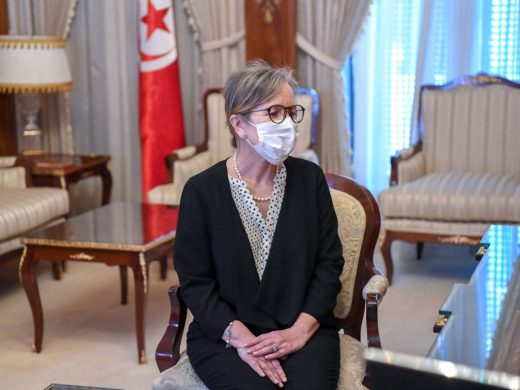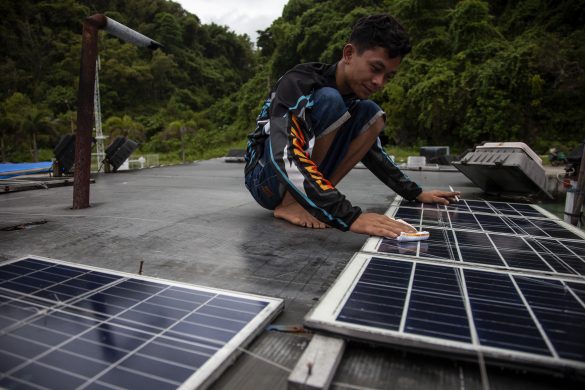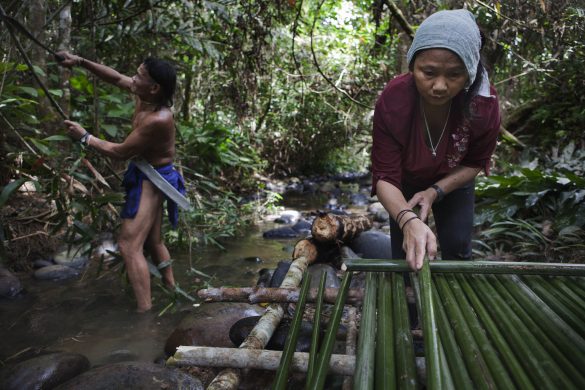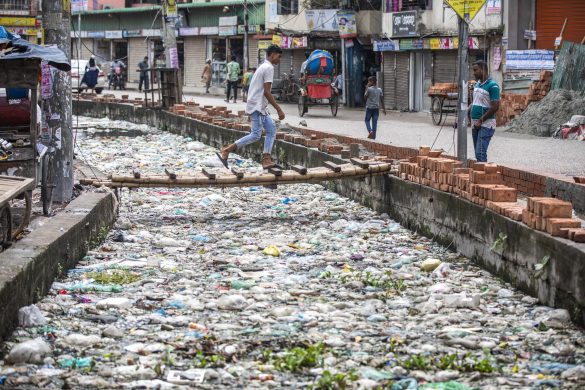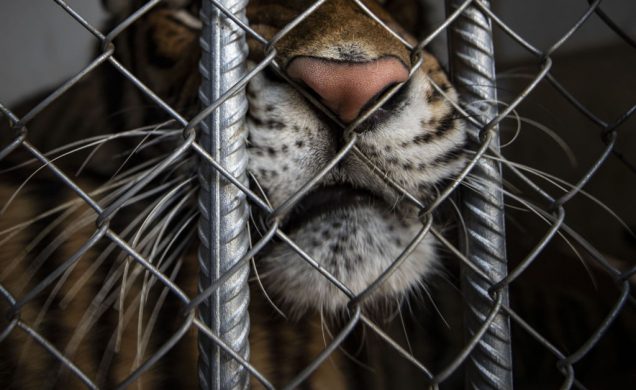NEW YORK; 12 December, 2017 (Human Rights Watch): Thai military authorities have accused a political party official of committing sedition and computer crimes for posting commentary critical of the junta on her Facebook page, Human Rights Watch said today. Sunisa Lertpakawat, the Pheu Thai Party spokeswoman, was ordered to report to the Police Technology Crime Suppression Division to hear the charges against her on December 13, 2017.
“Bringing sedition and computer crime charges against a politician for criticism on Facebook shows the Thai junta’s growing contempt for fundamental freedoms,” said Brad Adams, Asia director. “The authorities should drop the case against Sunisa immediately.”
On December 6, the legal officer for the ruling National Council for Peace and Order (NCPO) lodged a complaint with the police, accusing Sunisa of violating the Computer-Related Crime Act (CCA) and harming national security by distributing distorted or false information through the internet. The junta also accused Sunisa of committing sedition, alleging that her Facebook posts were not honest criticisms and caused public disaffection with the government.
Tre gange kritik
The complaint stated that the legal action concerned the following messages on Sunisa’s Facebook page:
- November 22, criticizing the junta for failing to provide credible explanations about the death of an army cadet who allegedly died as a result of corporal punishment at the Armed Forces Academies Preparatory School (AFAPS);
- December 3, criticizing the government’s budget allocation that fails to prioritize the public health service and relies on voluntary donations from the public to fill in missing budgetary support for state hospitals; and
- December 4, criticizing Prime Minister Gen. Prayuth Chan-ocha for welcoming a rock music star to the Government House while harshly treating people who suffered from government policies, such as the dispersal of coal-fired power plant protesters on November 27 in Songkhla province.
General Prayuth’s repeated public promises to restore democratic rule and the government’s recent adoption of a so-called “national human rights agenda” have not eased the Thai military’s repressive rule, Human Rights Watch said.
The junta’s record on freedom of expression has been particularly poor because Thai authorities have repeatedly harassed and prosecuted people for their speech, writings, and internet postings critical of military rule.
Risikerer syv års fængsel
The junta has frequently treated people who express dissenting views, mock General Prayuth, or show support for the deposed governments of Thaksin Shinawatra and Yingluck Shinawatra as posing a threat to national security. Since the May 2014 military coup, the authorities have prosecuted at least 40 people under the draconian sedition statute, article 116 of the Criminal Code, which carries up to a seven-year prison sentence.
The government has also considered posting critical commentary online about the government and military rule as an offense under article 14 of Thailand’s Computer-Related Crime Act (CCA) regarding “distorted” and “false” information, with violators facing up to five years in prison.
The United Nations Human Rights Committee, the independent expert body that monitors compliance with the International Covenant on Civil and Political Rights (ICCPR), which Thailand has ratified, stated in a general comment on freedom of expression in July 2011 that:
[T]he mere fact that forms of expression are considered to be insulting to a public figure is not sufficient to justify the imposition of penalties. … Moreover, all public figures, including those exercising the highest political authority such as heads of state and government, are legitimately subject to criticism and political opposition. Accordingly, the Committee expresses concern regarding laws on such matters as … disrespect for authority, … and the protection of the honor of public officials. [Governments] should not prohibit criticism of institutions, such as the army or the administration.
“Thailand’s generals become more firmly entrenched in power with each passing year at the expense of the Thai people’s rights,” Adams said. “Pressure from concerned governments is needed for the junta to end repression, restore respect for basic rights, and return to democratic civilian rule.”



